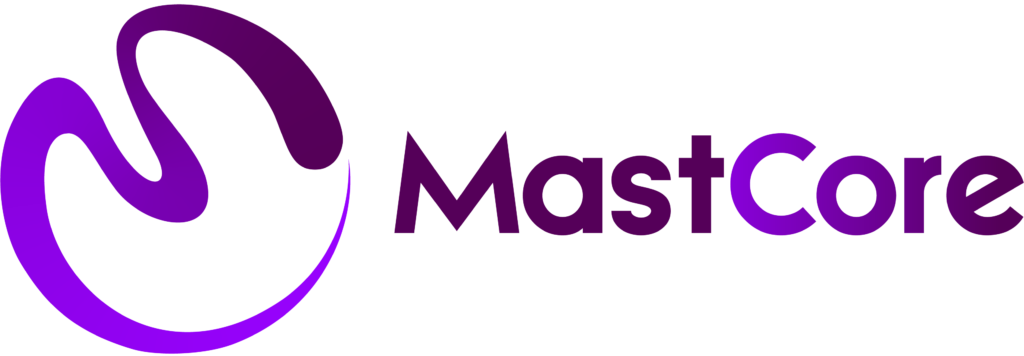
Python Development
In the ever-evolving landscape of technology, Python has emerged as a powerful and versatile programming language. With its simplicity, readability, and vast array of libraries and frameworks, Python has become a go-to choice for developers worldwide. In this blog post, we’ll explore the role of a Python developer, the skills required, career opportunities, and how to become proficient in Python development.
Table of Contents:
- Introduction to Python Development
- Skills Required for Python Developers
- Python Developer Career Paths
- Educational Resources for Learning Python
- Tips for Advancing Your Python Development Skills
- Python Developer Salary Trends
- Conclusion
1. Introduction to Python Development:
Python is a high-level, interpreted programming language known for its simplicity and readability. It offers dynamic typing and dynamic binding options, making it an ideal choice for rapid application development and scripting. Python is widely used in various domains, including web development, data science, machine learning, artificial intelligence, automation, and more.
2. Skills Required for Python Developers:
To excel as a Python developer, one must have a h4 foundation in core Python concepts such as data types, control structures, functions, and object-oriented programming. Additionally, proficiency in Python libraries and frameworks like Django, Flask, NumPy, pandas, TensorFlow, and PyTorch is essential. Problem-solving skills, attention to detail, and the ability to write clean, maintainable code are also crucial for Python developers.
3. Python Developer Career Paths:
Python developers have diverse career paths to choose from based on their interests and expertise. They can work as web developers, data scientists, machine learning engineers, software developers, DevOps engineers, and more. With Python’s versatility, developers can transition between different roles and industries seamlessly.
4. Educational Resources for Learning Python:
Numerous online platforms offer comprehensive Python courses and tutorials for beginners and experienced developers alike. Resources like Codecademy, Coursera, edX, Udemy, and official Python documentation provide interactive learning experiences, video lectures, hands-on projects, and certification programs to enhance your Python skills.
5. Tips for Advancing Your Python Development Skills:
To advance your Python development skills, consider participating in open-source projects, attending meetups and conferences, joining online communities like Python Discord, Reddit, and Stack Overflow, and collaborating with other developers. Continuous learning, exploring new technologies, and building real-world projects are key to mastering Python development.
6. Python Developer Salary Trends:
Python developers are in high demand across industries, leading to lucrative career opportunities and competitive salaries. According to various sources, the average salary for Python developers ranges from $70,000 to $120,000 per year, depending on factors such as location, experience, and specialization.
7. Conclusion:
In conclusion, Python development offers endless possibilities for building innovative solutions and shaping the future of technology. Whether you’re a beginner or an experienced developer, mastering Python can open doors to exciting career opportunities in software development, data science, machine learning, and more.
FAQs:
What industries are Python developers in demand in? Python developers are highly sought after in industries such as web development, data science, machine learning, artificial intelligence, automation, scientific computing, finance, cybersecurity, and more. The versatility of Python makes it applicable across a wide range of domains.
Is Python suitable for beginners to learn? Yes, Python is an excellent programming language for beginners due to its simple syntax and readability. Many educational resources offer beginner-friendly Python courses, tutorials, and exercises to help newcomers learn programming concepts effectively.
What are some essential Python libraries for data science? Essential Python libraries for data science include NumPy for numerical computing, pandas for data manipulation and analysis, matplotlib and seaborn for data visualization, scikit-learn for machine learning, TensorFlow and PyTorch for deep learning, and Jupyter Notebook for interactive data analysis.
Are there any specific certifications for Python developers? Yes, several organizations offer certifications for Python developers to validate their skills and expertise. Some popular certifications include the Certified Python Developer (PCAP) by Python Institute, Microsoft Certified: Python Developer Associate, and Google Certified Professional Data Engineer.
How can Python developers contribute to open-source projects? Python developers can contribute to open-source projects by participating in bug fixes, feature development, documentation improvement, code reviews, and community engagement. Platforms like GitHub, GitLab, and Bitbucket host numerous open-source projects where developers can contribute and collaborate with others.
